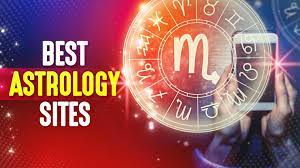Astrology, an ancient and intricate system of understanding the cosmos and its influence on human affairs, has captivated civilizations for millennia. Rooted in the belief that celestial bodies’ positions and movements can impact life on Earth, best astrologer in new york has remained a subject of fascination, debate, and contemplation across diverse cultures.
Origins and Historical Evolution
The origins of astrology trace back to ancient civilizations such as Mesopotamia, Egypt, China, and India. The Sumerians, around 3000 BCE, were among the first to create a system of celestial omens. Later, the Babylonians refined these observations, connecting celestial movements with events on Earth.
In ancient Greece, astrological principles merged with philosophical and mathematical developments. Pioneers like Ptolemy and Aristotle contributed to the understanding of astrology’s fundamental principles, associating planetary movements with human destinies.
Foundations and Principles
Astrology operates on the notion that the positions and movements of celestial bodies—such as planets, stars, and the moon—hold symbolic meaning and influence human behavior, events, and personality traits. The Zodiac, divided into twelve signs, forms the basis of astrological analysis, each sign representing specific characteristics and traits.
An individual’s birth chart, also known as a natal chart, maps the positions of planets at the exact time and location of their birth. This chart is believed to offer insights into one’s personality, tendencies, strengths, and challenges, shaping their life’s course.
